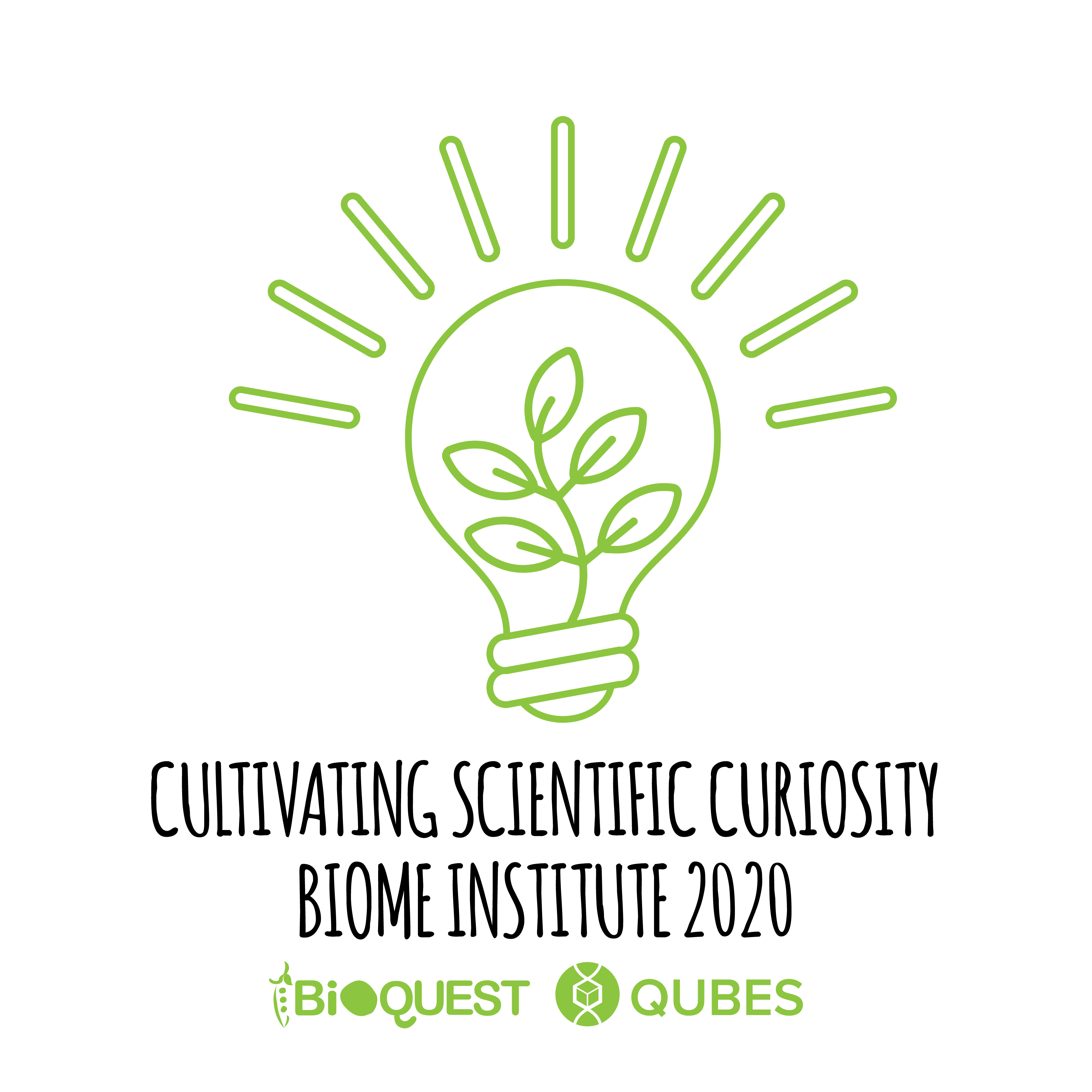HITS: A network to create inquiry-based case studies that make high-throughput approaches and discovery accessible
Author(s): Carlos Christopher Goller1, Sabrina Robertson2
1. North Carolina State University 2. UNC-Chapel Hill
3162 total view(s), 685 download(s)
HITS-BIOME20.pdf(PDF | 4 MB)
HITS-BIOME20.pptx(PPTX | 15 MB)
- Overview of HITS poster for BIOME 2020 - YouTube
- License terms
Description
Modern molecular biology techniques are increasingly utilizing automation and miniaturization to test numerous samples or conditions simultaneously. High-throughput (HT) approaches include massively parallel sequencing of DNA, synthesis of numerous nucleic acids and peptides, automated microscopy, microfluidics for single-cell analyses, small molecule screening using robotics, and genome-scale phenotypic characterization using CRISPR/Cas9 gene editing technologies. These approaches produce a wealth of results, often labeled ‘big data.’ However, there are limited educational case studies that address authentic high-throughput approaches using real data. We believe well-designed accessible educational case studies focusing on HT approaches and using original datasets empower students to learn current approaches and exercise quantitative reasoning in data analyses.
We created the NSF-funded High-throughput Discovery Science & Inquiry-based Case Studies for Today’s Students (HITS) Research Coordination Network to address this gap. HITS brings together interdisciplinary groups of HT researchers and instructors to produce authentic HT case studies that can be implemented in a variety of courses, allowing students to analyze real data and learn valuable quantitative skills. Since 2018, thirty faculty Case Fellows, numerous case study experts, and HT researchers have formed interdisciplinary groups to design, improve, and implement HT case studies. Using QUBES, groups have created new cases for broad curricula and continue to design, adapt, and share HITS resources. Join us by applying to be a HITS Case Fellow (go.ncsu.edu/hits) or using HITS cases in your courses!
Video Overview of the HITS Poster
Cite this work
Researchers should cite this work as follows:
- Goller, C. C., Robertson, S. (2020). HITS: A network to create inquiry-based case studies that make high-throughput approaches and discovery accessible. Cultivating Scientific Curiosity, QUBES Educational Resources. doi:10.25334/2VAV-NA49
